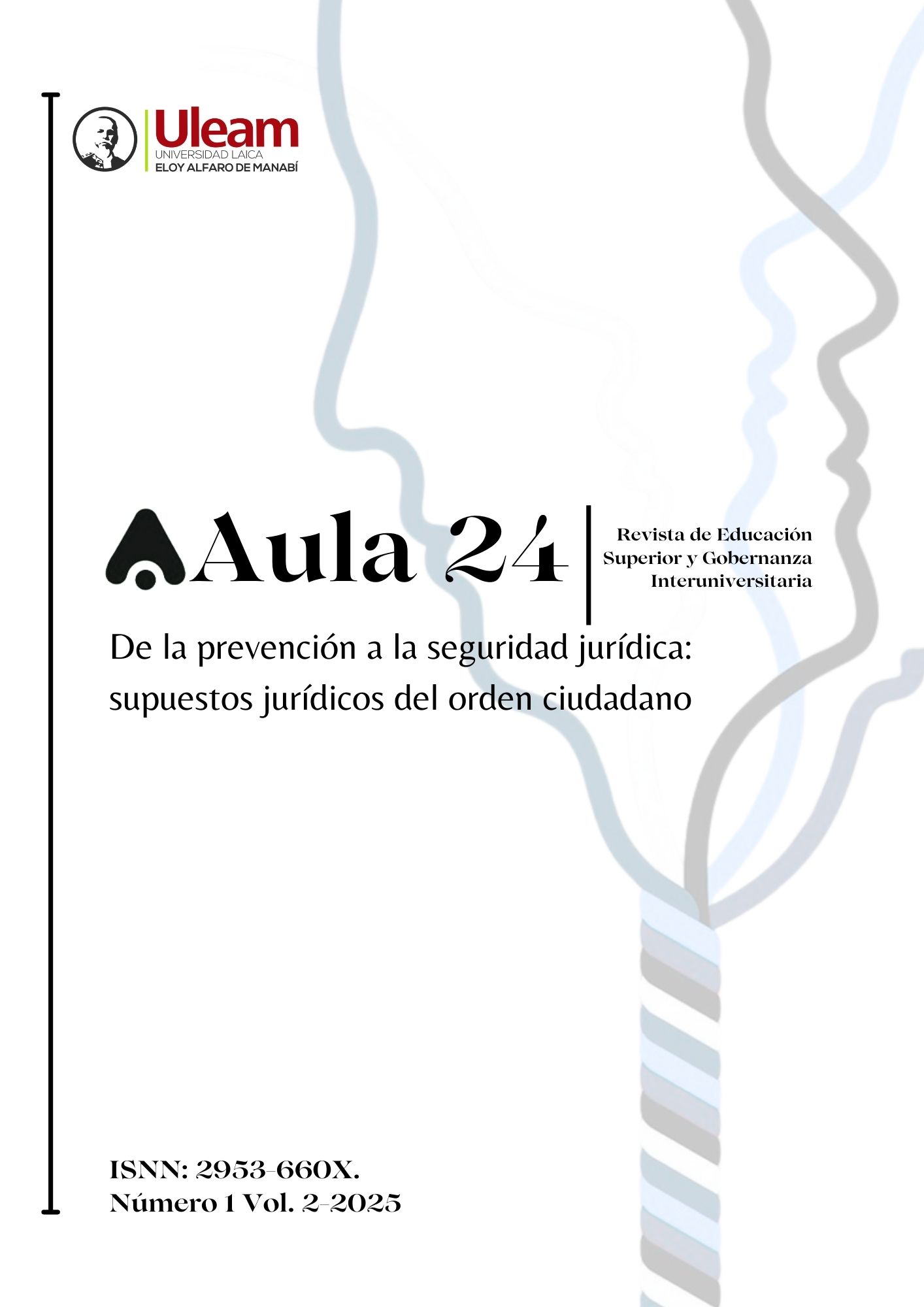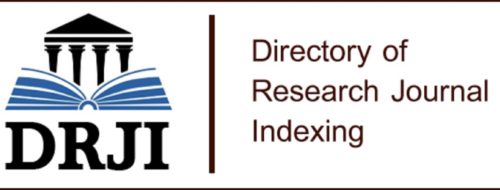Rumiñahui as a Symbol of Anticolonial Resistance: Historical Reconstruction and Resignification in the Ecuadorian Collective Memory
DOI:
https://doi.org/10.56124/aula24.v1i2-25.002Keywords:
Colonial resistance, Collective memory, Decolonization, Plurinational identity, Indigenous historyAbstract
This article aims to analyze the figure of Rumiñahui, the Incan Indigenous leader, as a symbol of anticolonial resistance in Ecuadorian collective memory. Through a qualitative and documentary approach, it reconstructs historical, symbolic, and cultural representations of Rumiñahui, from colonial chronicles to contemporary Indigenous narratives.
It highlights how his image has been appropriated by both official state discourse and Indigenous movements, generating tensions between institutionalized memory and ancestral remembrance. The spiritual, pedagogical, and political dimensions of his legacy are also emphasized, as well as the symbolic role of Atahualpa’s treasure as a metaphor for knowledge and dignity preserved in the face of colonial plunder.
The study concludes that re-signifying Rumiñahui from a critical and intercultural perspective allows for the democratization of national history, the visibility of subaltern memories, and the strengthening of Ecuador's plurinational identity.
Downloads
References
Cieza de León, P. (2005). Crónica del Perú. Biblioteca Ayacucho. (Obra original publicada en 1553)
Betanzos, J. de. (2005). Suma y narración de los Incas. Biblioteca Ayacucho. (Obra original publicada en 1557)
Halbwachs, M. (2004). La memoria colectiva (D. Maldonado, Trad.). Anthropos. (Obra original publicada en 1950)
Anderson, B. (1983). Imagined communities: Reflections on the origin and spread of nationalism. Verso.
Mignolo, W. D. (2000). La colonialidad del saber: eurocentrismo y ciencias sociales. En E. Lander (Ed.), La colonialidad del saber: Eurocentrismo y ciencias sociales. Perspectivas latinoamericanas (pp. 55–86). CLACSO. https://www.clacso.org.ar
Jelin, E. (2002). Los trabajos de la memoria. Siglo XXI Editores.
Quijano, A. (2007). Coloniality and modernity/rationality. Cultural Studies, 21(2–3), 168–178. https://doi.org/10.1080/09502380601164353
Rivera Cusicanqui, S. (2010). Ch’ixinakax utxiwa: Una reflexión sobre prácticas y discursos descolonizadores. Tinta Limón.
Albornoz, J. (2011). Rumiñahui: El símbolo de la resistencia. Ediciones Abya-Yala.
González, S. (2020). Rumiñahui y la formación de la identidad nacional ecuatoriana. Revista de Historia y Memoria, 22(2), 45–67.
Ministerio de Educación del Ecuador. (2022). Texto de Estudios Sociales de Educación General Básica Superior. Quito: Ediciones del Ministerio de Educación.
Downloads
Published
Issue
Section
License
Copyright (c) 2025 Revista Científica de Educación Superior y Gobernanza Interuniversitaria Aula 24 - ISSN: 2953-660X

This work is licensed under a Creative Commons Attribution-NonCommercial-ShareAlike 4.0 International License.













